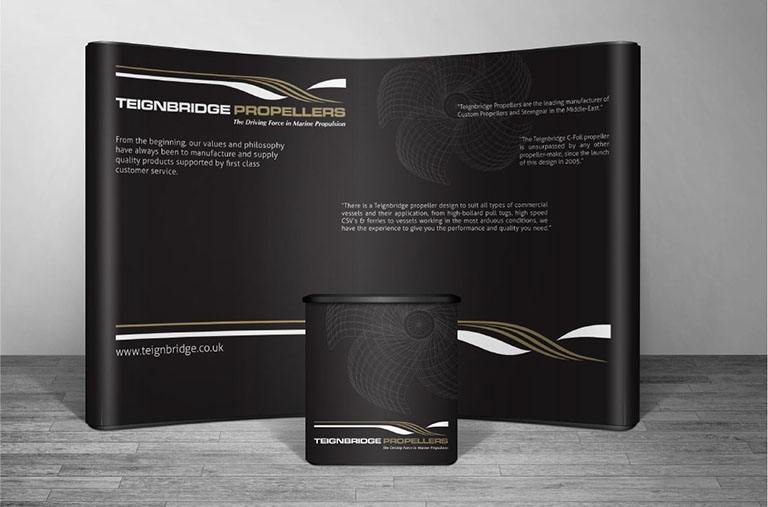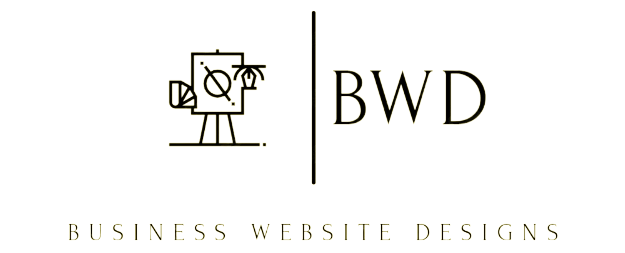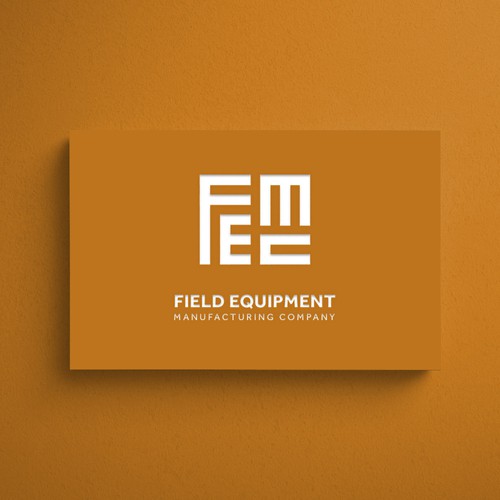In the world of manufacturing, creating a strong brand is essential for long-term success. A professional manufacturing brand not only helps to establish credibility and trust with customers, but it also sets a company apart from its competitors. However, developing an effective branding strategy can be a complex and challenging task.
One key strategy for professional manufacturing branding is to clearly define the company’s unique value proposition. This involves identifying what sets the company apart from its competitors and articulating the unique benefits and advantages that the company offers to its customers. By clearly communicating this value proposition, a manufacturing brand can position itself as a leader in its industry and attract customers who are seeking the specific benefits that the company provides.
Another important strategy for professional manufacturing branding is to establish a consistent and cohesive brand image. This involves creating a visual identity that is aligned with the company’s value proposition and overall brand message. A strong and recognizable logo, color scheme, and typography can help to create a cohesive brand image that customers can easily recognize and associate with the company.
In addition to a consistent visual identity, a professional manufacturing brand should also have a strong and consistent brand voice. This involves developing a unique tone and language that is used in all company communications, including marketing materials, website content, and customer interactions. A clear and consistent brand voice helps to establish a strong brand personality and creates a memorable and engaging experience for customers.
In conclusion, developing a strong professional manufacturing brand requires a clear value proposition, a cohesive visual identity, and a consistent brand voice. By implementing these strategies, a manufacturing company can create a strong and recognizable brand that sets it apart from its competitors and establishes a lasting connection with customers.
Developing a Strong Manufacturing Brand
Developing a strong manufacturing brand is crucial for success in the industry. In order to stand out from competitors and attract customers, it’s important to establish a clear and compelling brand identity. Here are some strategies to help develop a strong manufacturing brand:
- Define your brand values: Start by identifying the values that your manufacturing company stands for. This could include quality craftsmanship, innovation, customer satisfaction, or sustainability. These values should align with your target market and resonate with your ideal customers.
- Create a memorable logo: Design a logo that represents your manufacturing brand and conveys your brand values. The logo should be visually appealing and easy to recognize. Consider hiring a professional designer to ensure that your logo is unique and stands out from competitors.
- Consistent messaging and visual identity: Maintain consistency in your brand messaging and visual identity across all marketing materials. This includes your website, social media profiles, advertisements, and packaging. Consistency helps to establish brand recognition and build trust with your customers.
- Showcase your expertise: Highlight your manufacturing expertise and showcase your capabilities to establish credibility with your target audience. This can be done through case studies, testimonials, and showcasing your manufacturing processes. Position yourself as an authority in your industry.
- Create a positive customer experience: Focus on delivering exceptional customer service and creating a positive experience for your customers. This includes providing timely responses to inquiries, offering personalized solutions, and being transparent about your manufacturing processes. A satisfied customer is more likely to become a loyal customer and recommend your brand to others.
- Continued innovation: Stay ahead of the competition by investing in research and development. Continuously innovate your manufacturing processes and products to meet the changing needs of your customers. This will show your commitment to excellence and positioning your brand as a leader in the industry.
By following these strategies, you can develop a strong manufacturing brand that resonates with your target audience and helps differentiate you from your competitors. Remember, building a brand takes time and consistency, so stay dedicated to your branding efforts and continue to refine your brand strategy as needed.
Building Brand Identity
One of the most important aspects of professional manufacturing branding is building a strong brand identity. Brand identity is the unique set of characteristics, values, and emotions associated with a particular brand. It is what sets your brand apart from competitors and helps consumers recognize and connect with your products or services.
Building a strong brand identity starts with defining your brand’s mission, vision, and values. These foundational elements will guide your branding efforts and help you create a consistent and authentic brand identity.
It is important to clearly communicate your brand’s values and personality through all aspects of your manufacturing business, from your logo and packaging design to your marketing materials and customer service. Consistency is key in building a recognizable brand identity that resonates with your target audience.
Another important aspect of building brand identity is creating a compelling brand story. Your brand story should articulate who you are as a company, why you exist, and why customers should choose your products or services. This story should be compelling and relatable, inspiring customers to connect with your brand and become advocates.
Visual elements also play a crucial role in brand identity. Your logo, color palette, typography, and other visual components should align with your brand’s values and personality. These visual elements should be used consistently across all brand touchpoints to enhance recognition and create a cohesive brand identity.
Finally, building brand identity requires ongoing efforts to maintain and strengthen your brand’s reputation. Consistently delivering high-quality products and excellent customer service will help build trust and loyalty among your target audience. Engaging with customers through social media and other channels also provides opportunities to reinforce your brand identity and connect with your audience on a more personal level.
Overall, building a strong brand identity is essential for professional manufacturing branding. By defining your brand’s mission, values, and personality, creating a compelling brand story, and using consistent visual elements, you can establish a strong brand identity that resonates with your target audience and sets your manufacturing business apart from competitors.
Crafting a Compelling Brand Story
One of the most important elements of professional manufacturing branding is crafting a compelling brand story. A brand story helps to create a connection with customers and differentiate your brand from competitors. Here are some strategies to help you draft a compelling brand story:
1. Understand Your Audience
Before you start crafting your brand story, it is essential to understand your target audience. Conduct market research to gain insights into their needs, preferences, and pain points. This will help you tailor your story to resonate with them and connect on an emotional level.
2. Define Your Brand’s Values
Identify the core values that define your manufacturing brand. Are you focused on quality, innovation, sustainability, or something else? These values should be reflected in your brand story and communicated to your audience. Make sure your story aligns with your company’s mission and vision.
3. Showcase your Unique Selling Proposition

Your brand story should highlight what sets you apart from your competitors. What makes your manufacturing brand unique? Whether it’s advanced technology, exceptional customer service, or a commitment to craftsmanship, emphasize these differentiators in your story.
4. Use Authentic and Compelling Language
Avoid using generic phrases and buzzwords in your brand story. Instead, use authentic and compelling language that resonates with your audience. Be transparent and honest about your brand’s values, accomplishments, and challenges. This will help build trust and credibility with your customers.
5. Humanize Your Brand
Include personal anecdotes and stories that humanize your brand. Share stories about your employees, their expertise, and their commitment to delivering high-quality products. This helps to create an emotional connection with your audience and makes your brand more relatable.
In conclusion, crafting a compelling brand story is crucial for professional manufacturing branding. By understanding your audience, defining your brand’s values, showcasing your unique selling proposition, using authentic language, and humanizing your brand, you can create a story that resonates with your customers and sets your manufacturing brand apart from the competition.
Leveraging Digital Marketing
In today’s digital age, leveraging digital marketing is crucial for manufacturing brands to stay competitive in the market. With the increasing use of the internet, social media, and mobile devices, manufacturers have a wide array of digital marketing strategies at their disposal to effectively promote their brand and connect with their target audience.
Website Optimization
One of the first steps in leveraging digital marketing is to optimize your manufacturing brand’s website. A well-designed and user-friendly website is essential for establishing your brand’s online presence and attracting potential customers. Ensure that your website is responsive, loads quickly, and is easy to navigate. Use relevant keywords in your website’s content to improve its search engine ranking and make it more visible to users searching for manufacturing-related products or services.
Additionally, consider incorporating interactive elements, such as videos or product demonstrations, to engage visitors and showcase the quality and uniqueness of your brand’s products. Collect visitor data through website analytics to gain insights into user behavior, demographics, and preferences. This information can help you tailor your digital marketing strategies and improve the overall user experience on your website.
Social Media Engagement
Social media platforms provide manufacturers with a powerful tool to connect with their target audience and build brand awareness. Create and maintain a presence on popular social media platforms such as Facebook, Instagram, Twitter, and LinkedIn. Regularly post engaging and relevant content, such as industry news, product updates, or customer testimonials, to keep your audience informed and interested in your brand.
Utilize social media advertising to reach a wider audience and target specific demographics or geographic locations. Sponsored posts, videos, or contests can help generate leads and increase brand exposure. Engage with your followers by responding to comments or messages promptly and creating a sense of community around your brand.
Email Marketing Campaigns
Email marketing campaigns can be a cost-effective and targeted way to reach your manufacturing brand’s existing customers or leads. Collect customer email addresses through your website, trade shows, or customer interactions and send regular newsletters or updates to keep them informed about new products, promotions, or industry insights.
Personalize your email content based on user preferences and behaviors to increase engagement and conversion rates. Segment your email list to target specific customer segments with tailored content or offers. Monitor your email campaign analytics to track open rates, click-through rates, and conversion rates, and make adjustments to optimize your campaign’s effectiveness.
| BENEFITS OF LEVERAGING DIGITAL MARKETING |
|---|
| 1. Increased brand visibility and awareness |
| 2. Targeted reach to specific demographics or geographic locations |
| 3. Cost-effective compared to traditional marketing channels |
| 4. Ability to track and measure campaign effectiveness |
| 5. Improved customer engagement and interaction |
In conclusion, leveraging digital marketing can provide numerous benefits for manufacturing brands. By optimizing your website, engaging with customers on social media platforms, and implementing targeted email marketing campaigns, you can increase your brand’s visibility, reach your target audience, and build meaningful relationships with customers.

